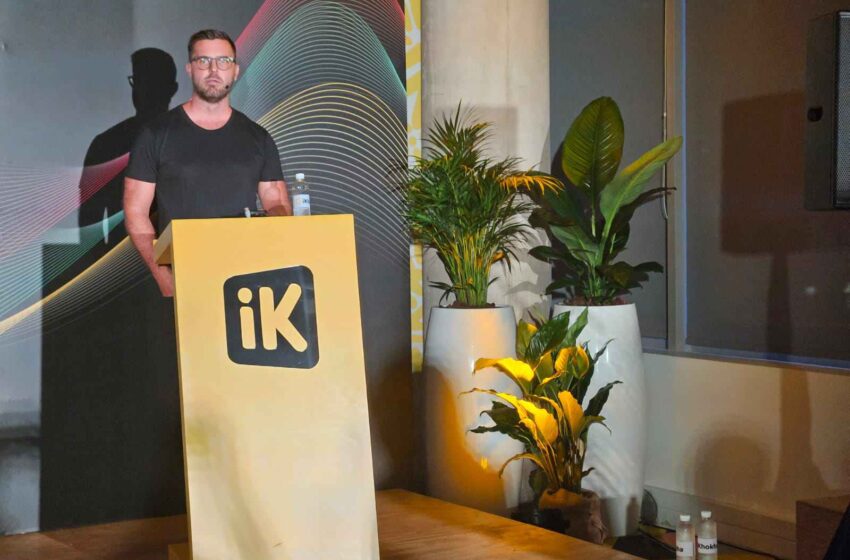From nightclub nights to a R1.65 billion tech exit: the rise of iKhokha

iKhokha CEO Matt Putman
Matt Putman’s journey from co-owning a university nightclub to selling a South African tech company for R1.65 billion reads like a startup playbook. The spark? A poor experience with a major bank’s card payment system.
“While running a nightclub during varsity, I had my first encounter with a card machine from one of the Big Four banks. It was a nightmare,” Putman shared with The Founder Files.
At the time, South Africa’s banking landscape included Absa, FNB, Nedbank, and Standard Bank, while digital banks were still emerging. This frustration planted the seed for what would eventually become iKhokha.
Growing up in entrepreneurial households alongside co-founder Ramsey Daly, Putman absorbed the drive to create and innovate early on. His father, Clive Putman, a PhD in electronic engineering, had already founded successful tech businesses in the security hardware sector.
“Selling the nightclub led me to collaborate with my dad on a side project. I was seeking inspiration, reading Fortune and Time to learn how innovations in the U.S., like the Internet boom, were shaping the world.”
A Fortune article on Twitter co-founder Jack Dorsey’s Square (now Block) sparked the idea: mobile phones could allow small businesses in South Africa to accept card payments—a service no one had yet implemented locally.
Building iKhokha: From Prototype to Certified Device
Putman, Daly, and Clive Putman designed a prototype card reader that plugged into early iPhones via the 30-pin dock connector. Initially, it could only capture card numbers—but that was enough to secure seed funding.
“We joked with my dad about building it, and he said it would be a piece of cake. It was anything but,” Putman recalled.
The result became the first South African-designed card machine certified by International Card Schemes and PCI standards, achieved with just two additional engineers.
But the journey was far from smooth. Apple’s switch to the Lightning connector in 2014, combined with Android’s fragmented ecosystem, meant constant redesigns and recertifications. Harsh conditions like static, heat, and physical wear added complexity.
Eventually, iKhokha pivoted from in-house hardware to partnering with Eastern European manufacturers, allowing the team to focus on software innovation, distribution, and user experience.
“Those early years were stressful, often living month-to-month financially, but also incredibly rewarding. We were small, focused, and determined to find product-market fit—and we did.”
A Decade Later: R1.65 Billion Exit
In August 2025, Nedbank announced it would acquire 100% of iKhokha in an all-cash deal valued at approximately R1.65 billion, subject to adjustments and regulatory approval.
iKhokha will continue to operate under its own brand, with the existing leadership team in place. The acquisition ensures continuity and long-term growth, while rewarding early investors such as Apis Partners, Crossfin Holdings, and the International Finance Corporation.
“This is a proud moment for our team,” Putman said. “Partnering with Nedbank allows us to scale, accelerate product innovation, and deliver even greater value to our merchants.”
From nightclub lessons to fintech innovation, Matt Putman’s story is a blueprint for entrepreneurial resilience, strategic pivoting, and local tech excellence.
Source: mybroadband.co.za

